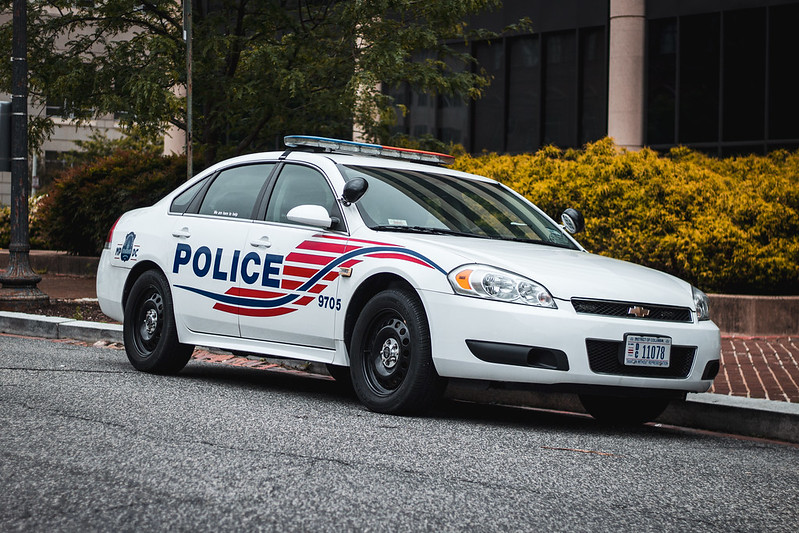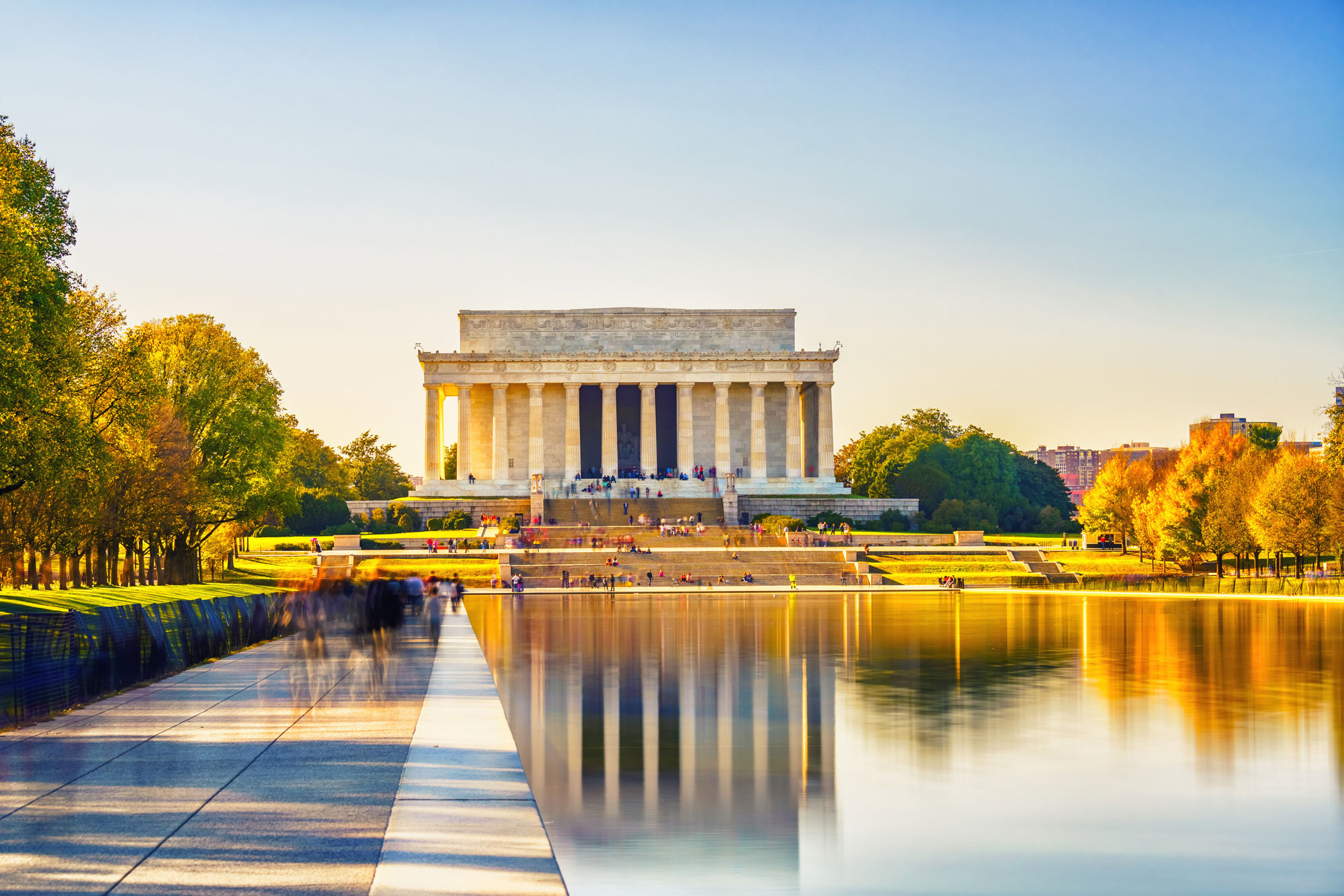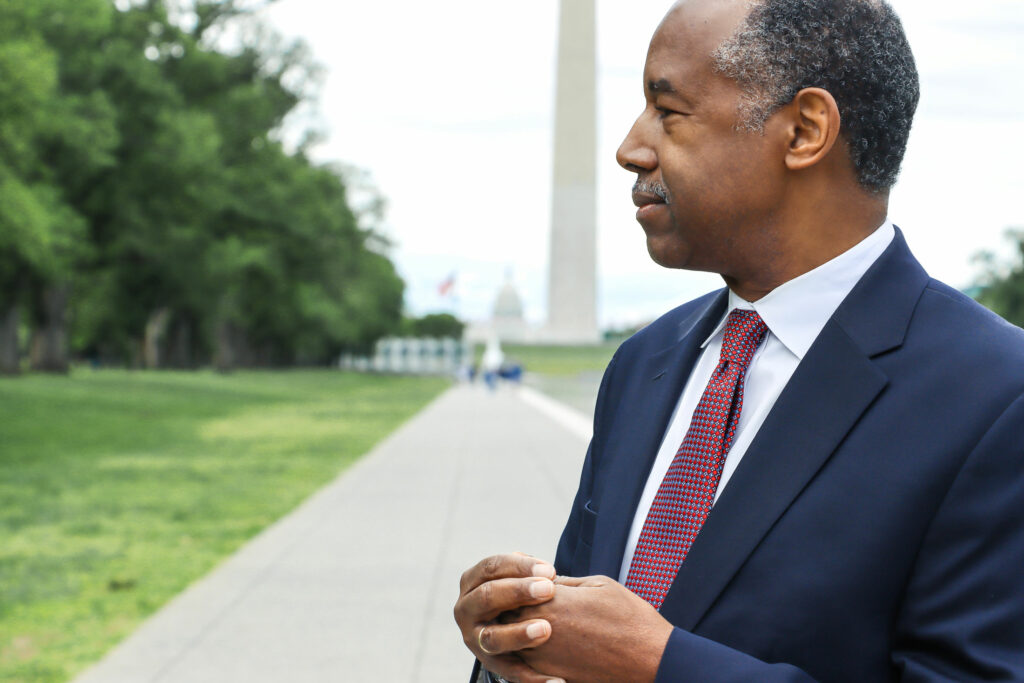 Trust and confidence in our nation’s police force have never been lower in America. After high-profile killings of black Americans by police in 2020 and protests and riots in their wake, a Gallup poll found for the first time that the majority of Americans did not trust law enforcement. Confidence in the police, a measure that has been as high as 64% in the past, fell to 48% – the lowest it has ever been in the 27 years of collecting. Subsequent reviews showed a clear partisan divide among public perceptions, with Republicans expressing greater confidence in law enforcement than Democrats. But a more concerning trend was around racial bias in policing, with two-thirds of Americans saying they believe police treat black people less fairly than white people.
Trust and confidence in our nation’s police force have never been lower in America. After high-profile killings of black Americans by police in 2020 and protests and riots in their wake, a Gallup poll found for the first time that the majority of Americans did not trust law enforcement. Confidence in the police, a measure that has been as high as 64% in the past, fell to 48% – the lowest it has ever been in the 27 years of collecting. Subsequent reviews showed a clear partisan divide among public perceptions, with Republicans expressing greater confidence in law enforcement than Democrats. But a more concerning trend was around racial bias in policing, with two-thirds of Americans saying they believe police treat black people less fairly than white people. In 2019, a survey found that 33% of people thought that 1,000 or more unarmed black men were killed by police in 2019. The actual number was 29. In a separate survey, 80% of black respondents and 60% of highly educated white liberal respondents thought that young black men were more likely to be fatally shot by police than die in a car accident. In actuality, black men between the ages of 18 and 34 were more than 17 times more likely to die in a car accident than to be shot to death by police.
A recent report from the Manhattan Institute looked at the connection between the increase in media attention and the prevalence of negative racial bias in public perception. The study found that public perception had been impacted by unprecedented media attention, despite declining or static rates of fatal officer-involved shootings in the black community. In looking at the media’s messaging regarding police brutality, the study found the media was focused overwhelmingly on black victims, despite the fact that blacks constitute just a quarter of those killed by police. It’s no wonder that survey respondents overestimated the number of fatal black shootings in a given year, given the media’s wall-to-wall coverage of these incidents. The study went on to look at whether given accurate information regarding police brutality would people adjust their views and found that the answer was essentially “yes.”
This has important social and policy implications, as well as a moral mandate for media reporting. As we saw anti-police sentiment increase after George Floyd’s death, the public policy response was to defund the police. The downstream effects of this disastrous policy are still being felt. Today, we are still grappling with a nationwide police officer shortage after a massive exodus in 2021 and 2022, and police departments are facing recruiting and retention issues while morale issues continue to plague those who choose to stay. Despite a more multiracial America, divisions in race relations continue to deepen. Even if an individual’s view is only partially based on what they are hearing from the media, the negative societal consequences from the media’s irresponsible reporting are dire.
While it is not advisable to ignore police brutality incidents, reporting should include important context so as not to skew public perception and the resulting policy response. The Founding Fathers assumed that America would have an educated populous, which would be essential for the continuation of our democratic republic. As such, journalism and the media both play an important role in our system of checks and balances. They should not take that responsibility lightly. As the bridge between the government and the citizen, our media has a moral imperative to provide accurate and unbiased reporting, and they are failing to do so in regard to their coverage of America’s police force—which only serves to further exacerbate America’s racial tensions.

